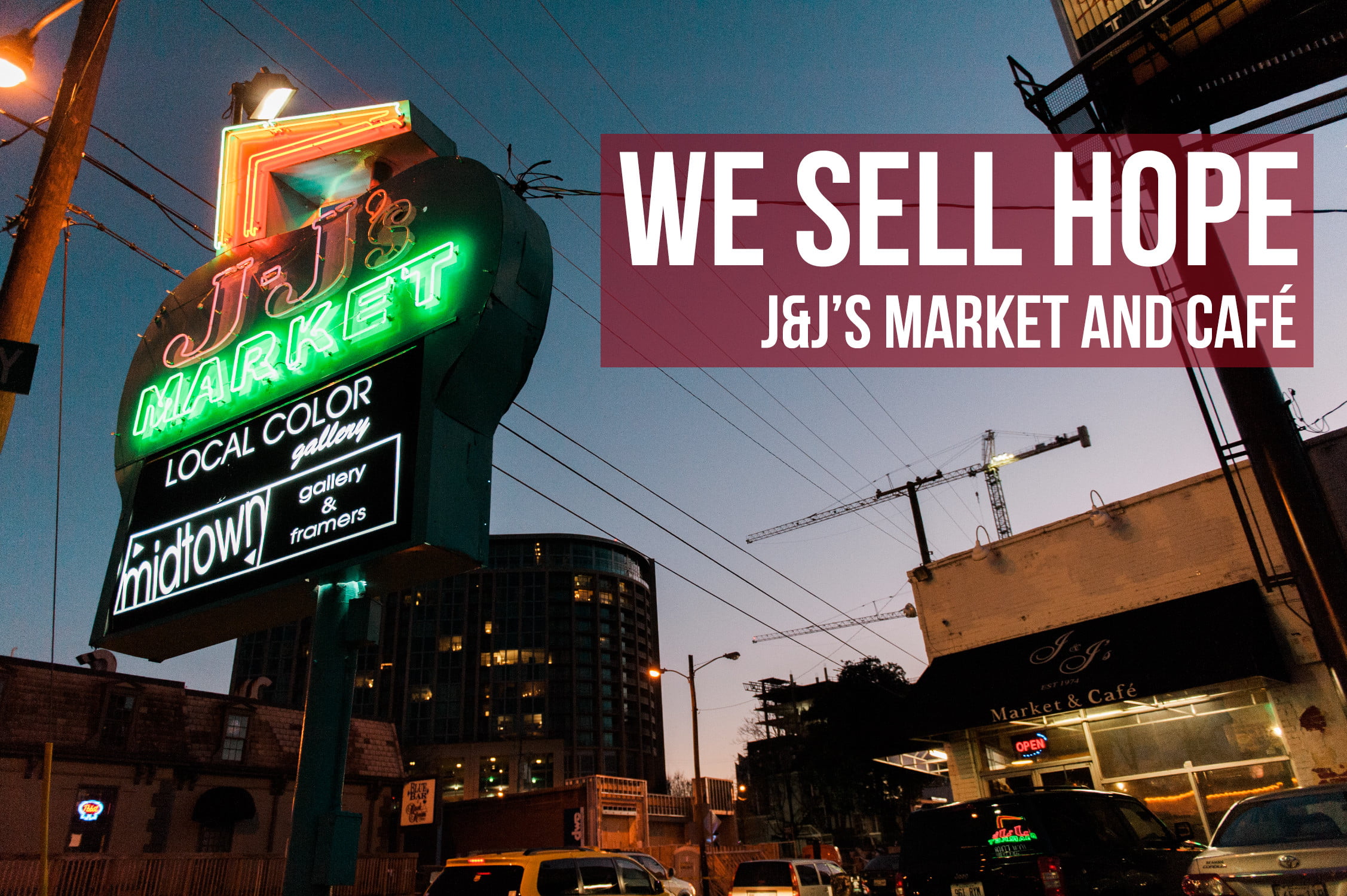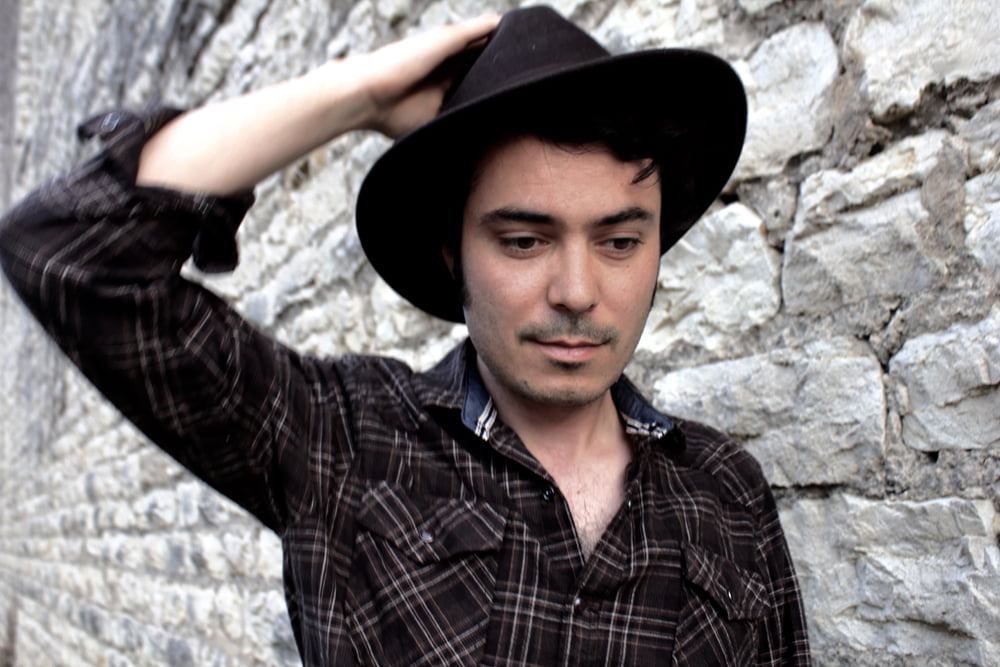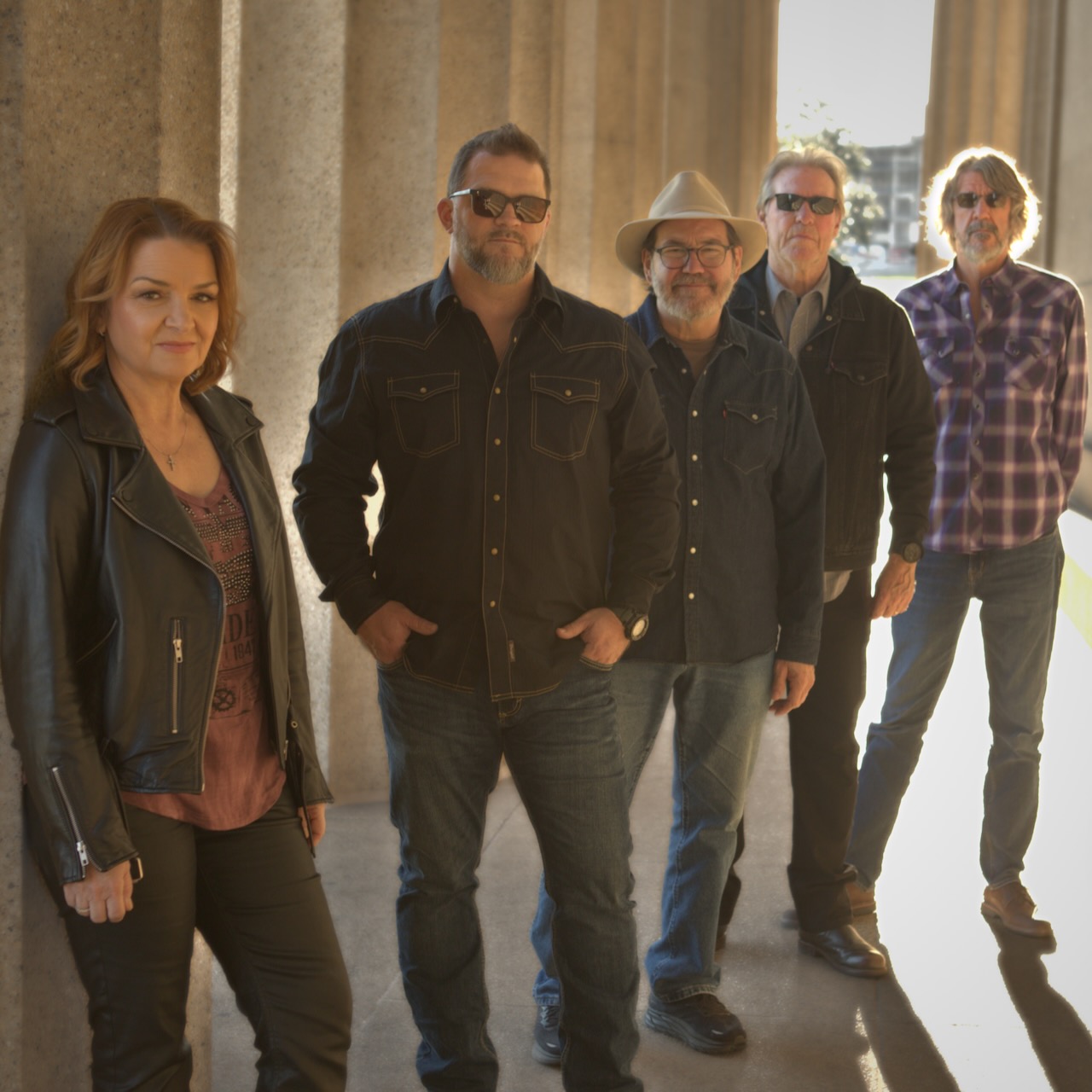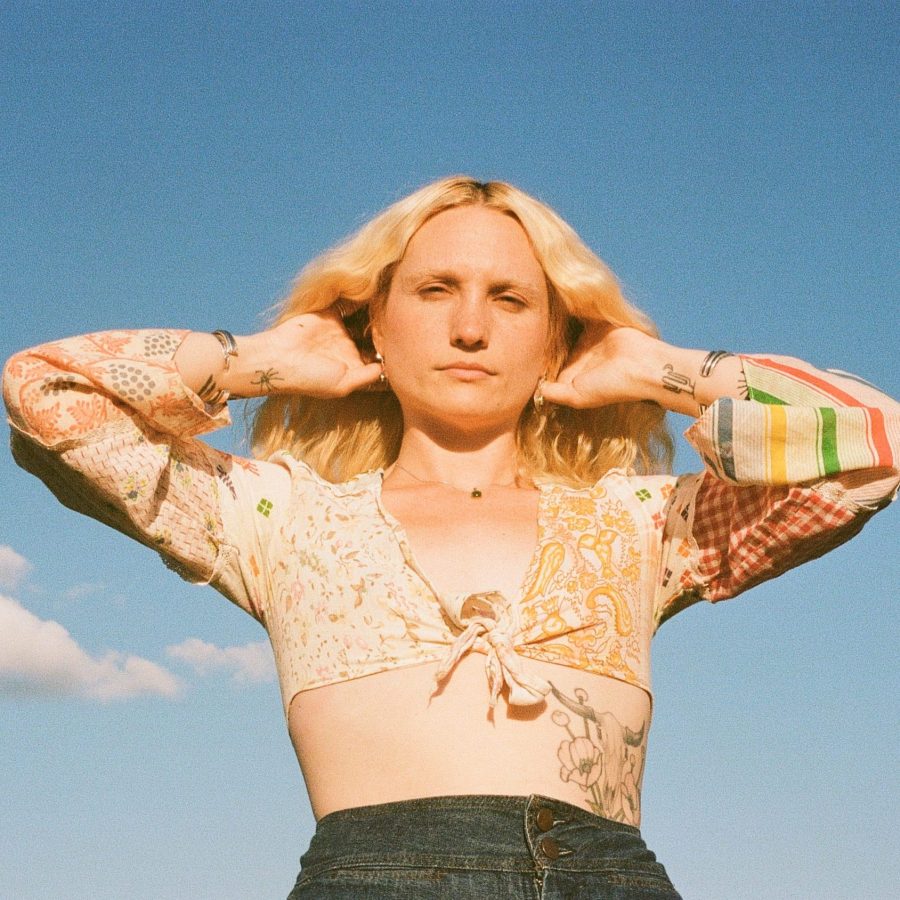“A place belongs forever to whomever claims it hardest, remembers it most obsessively, wrenches it from itself, shapes it, renders it, loves it so radically that he remakes it in his own image.”
At what point does a place become more than just a place? When does a pile of brick and mortar take on a life of its own — one that not only influences its community but, eventually, fosters one itself? It may be a question without an answer, but if anyone knows, it's Sam Huh, owner and general manager of J&J's Market and Café in Midtown Nashville, Tennessee.
J&J's Market first opened as a small grocery and convenience store in 1974. The name came from its owner, Joe Johnson, who eventually passed down the family business to his son, Joe Johnson, Jr. The younger of the two Johnsons added the building that would eventually become the coffee shop and seating area, that space formerly occupied by a laundromat. But it wasn't until Huh purchased the business in 2003 that JJ's became what it is today: a Midtown institution that appeals to students and tourists alike, a quiet haven amid a sea of loud bars and chain restaurants, a nondescript bastion of what Nashville used to be before the City added a capital-I "It."
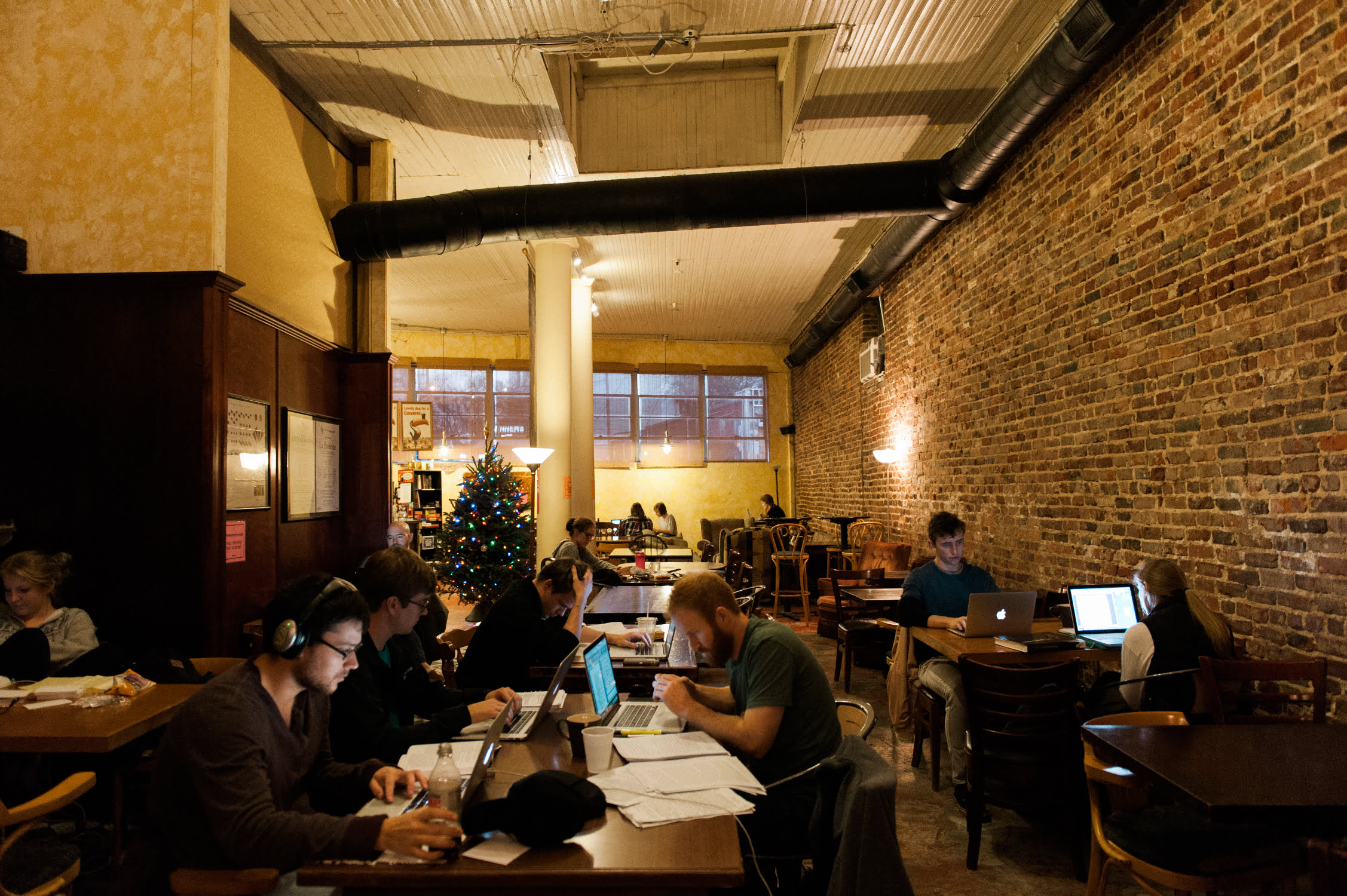
Huh, who moved to Nashville from South Korea in 1995 to put his PhD in economics to good use at Vanderbilt University, has worked tirelessly over the years to make JJ's into what it is today. "It was not like this," Huh says, gesturing to the quietly bustling shop. "We smoked cigars. We played CDs. I had about 200 CDs of disco music. After 6 pm we played jazz music. We had a CD changer with 100 CDs — old-fashioned. Those were the old days." And, though his personal touch is everywhere, he kept the original name. "We kept the name because the name was not important," he explains. And that's probably for the best — while the sign says J&J's Market and Café, most regulars call it JJ's. Huh calls it JJ.
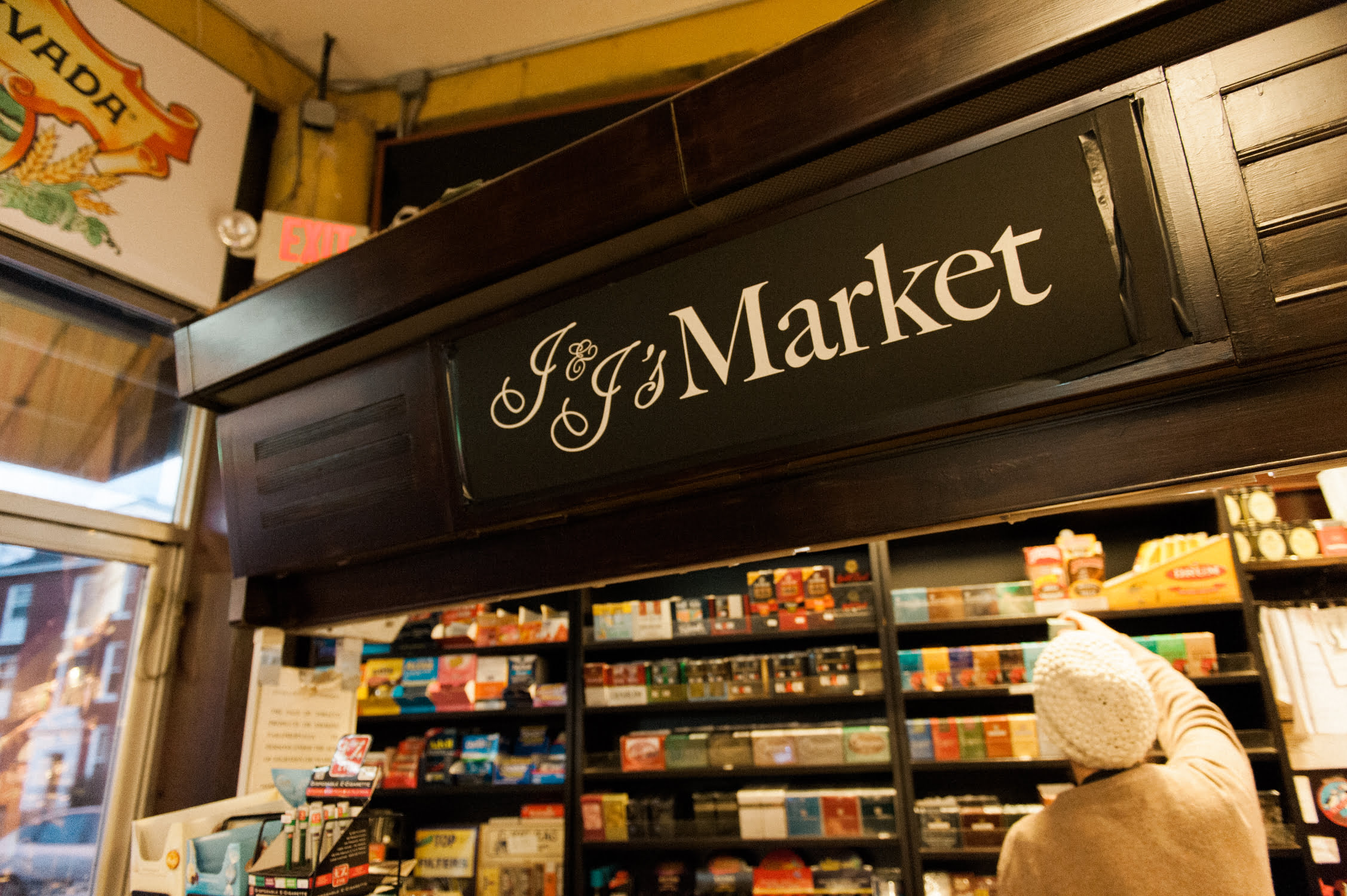
Over the last 12 years, JJ's has evolved into one of the most eclectic spots in town. As you walk in the front convenience store — welcomed indoors by one of the coolest old-school neon signs around — you're greeted by a hand-selected assortment of hard-to-find candy, a wall of cigarettes and cigars, and a sign that beckons you in to the back coffee shop. The store itself carries a careful mix of high- and low-brow snacks, perfect for those days when you need both a Kinder Milk Bar and a bag of Flamin' Hot Cheetos. There's also a wall of beer coolers — Huh is quick to point out that JJ's was the first establishment in Nashville to enact the beloved "build your own six-pack" rule — though there are always local selections on draft, if you plan on sticking around. You can grab a number of necessities — deodorant, cleaning supplies, medicines — on a shelf near the door.
You walk into the coffee area to an original exposed brick wall, a sea of mismatched furniture, and a red velvet curtain in the very back of the room that doubles as a stage backdrop when the coffeehouse hosts events. Visually, it's almost overwhelming. There's a fabric reproduction of Gustav Klimt's 1908 Symbolist painting "The Kiss" hanging from the ceiling; there are posters of Bukowski and French art house films on the walls; even the bathrooms are covered in graffiti, but of a less lewd variety than is typically seen — "Alpaca Queen" and "Legalize Ragu" are among its more notable tags. The coffee menu was handwritten by a former employee (Her photo is also up on the board.) and features drinks named after employees and customers, like "Keeker's Koffler," which combines the name of a former barista and a regular patron. And, tellingly, there is an entire wall of postcards and letters — from all across the globe — sent to Huh by admirers of his shop because, if anyone loves JJ's as much as he does, it's the customers who frequent it.
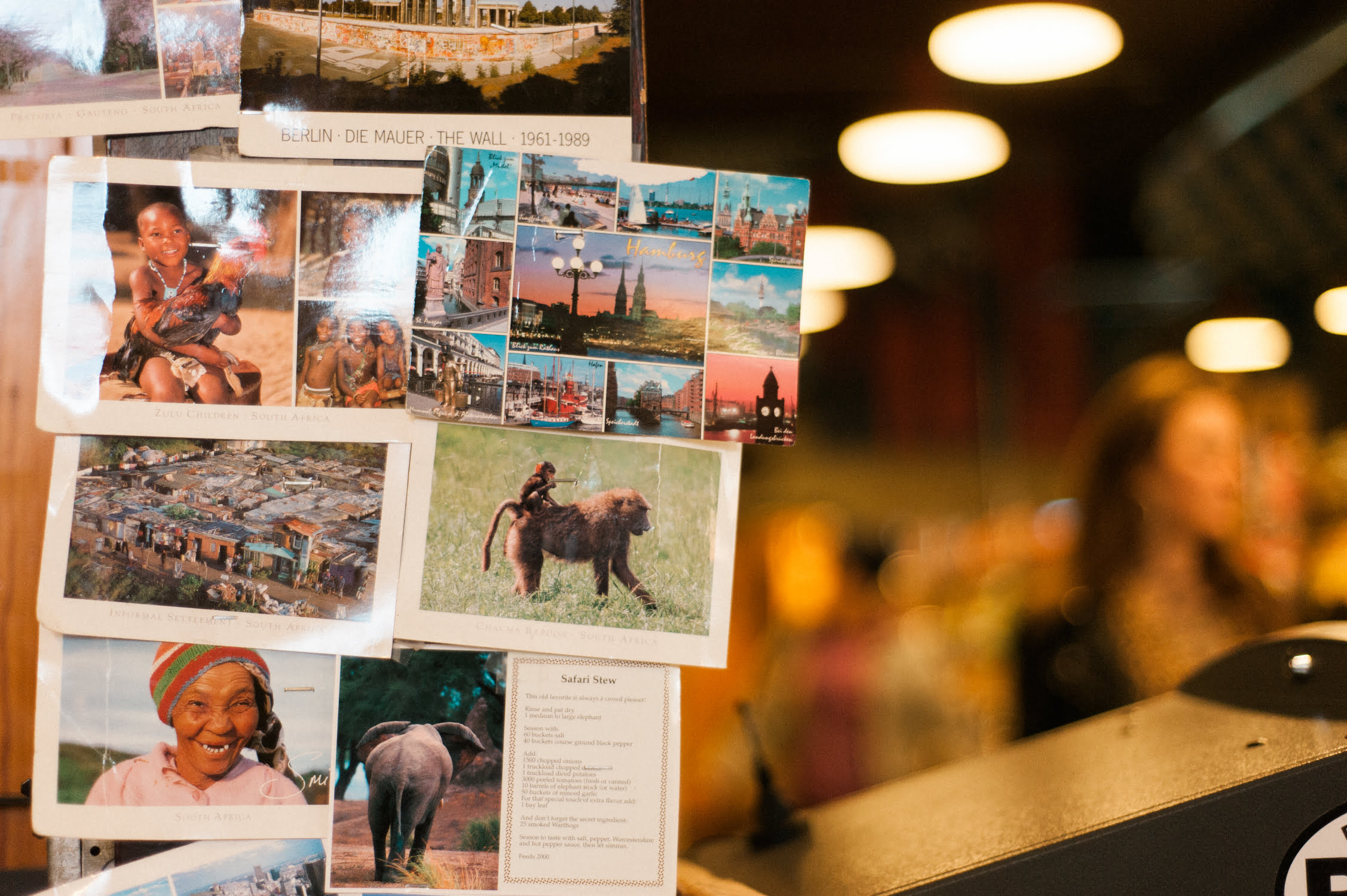
I'm one of those customers. I've visited JJ's several times a week for over eight years now. It was one of the first coffee shops I visited as a terrified, homesick freshman at Belmont University, and I've been going back ever since. So many of my life's more important moments have happened inside those exposed brick walls — I bonded with some of my earliest college friends there; I nervously met people for first dates; I even more nervously said goodbye on last dates. I wrote the vast majority of an overly earnest, though well-intentioned, undergraduate thesis there. I bought multiple copies of the first magazine, American Songwriter, to print my writing, a 150-word album review in a 2009 issue, from the market's newsstand. I finally met a long-distance colleague who ended up being a dear friend at a corner table earlier this year. And a year-and-a-half ago, when I decided to take a huge risk and quit my day job to pursue writing full-time, I made JJ's my unofficial office. I even wrote my resignation later while curled up on the couch.
Most recently, JJ's has served as refuge for me from another kind of life event: one of those world-rocking breakups that can render one's future a terrifyingly blank slate. I've managed to drag myself out of bed in the mornings over the last couple months thanks in no small part to the promise of a cup of coffee and some familiarity at what's truly become my second home. While hunched over a JJ's table, I've read new books; I've poured myself into work; I've made — and followed through with — a tattoo appointment. I've made plans. I've come back to myself. After all, where better to imagine a new life than the place that's been so integral to building my current one?
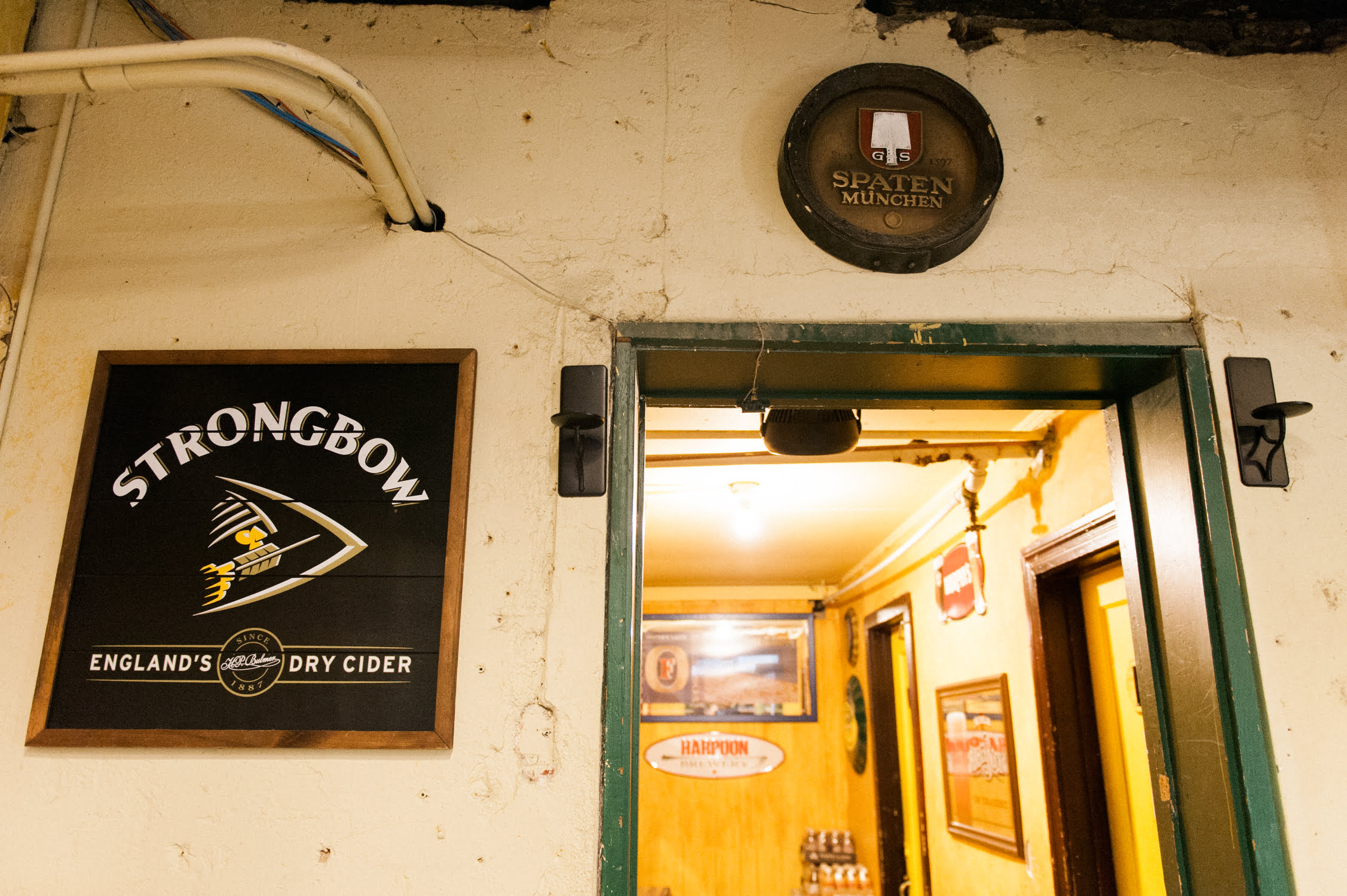
Like so many regular JJ's customers — and if you go even a couple times you realize there are a LOT of us — I've grown to feel like JJ's is part of my family. And Huh feels that familial connection just as much as his customers do. He knows where all of his regulars sit, and can tell the story behind every piece of furniture in the room … almost all of which was donated by, you guessed it, loving patrons. "You’ve come here for eight years, so when I think of you, Brittney, I think you might use that table," he says, gesturing to various pieces. "For each table and chair, I have memories of a specific person or a specific group. That was donated by a family who moved to a foreign country. This was donated a lady named Kim, she is a professor at Vanderbilt in the department of psychology. This was donated by a professor in Korea. I didn’t buy that much. Because they love this place, just like you. When they move, they say, ‘Sam, I have a chair that would go really well with JJ! Do you want it?’" He laughs.
For students who write their dissertations at JJ's, Huh keeps a special display of completed dissertation covers to honor their hard work. "They go through agony," he jokes. "They cry. Sometimes they have fun! But I cheer them, because I have a PhD and I understand the long journey." For artists who display their work in the shop's lounge area, Huh doesn't take a commission, instead requesting one piece be donated to the café's decor. Celebrities aren't immune to the charm of JJ's, either. There's a photo of Robin Williams visiting the café hanging above the cash register. It was taken when he was in Nashville filming Boulevard, one of the last films he'd complete before his untimely death in 2014. "He was quiet, humble," Huh says of Williams. "A good man."
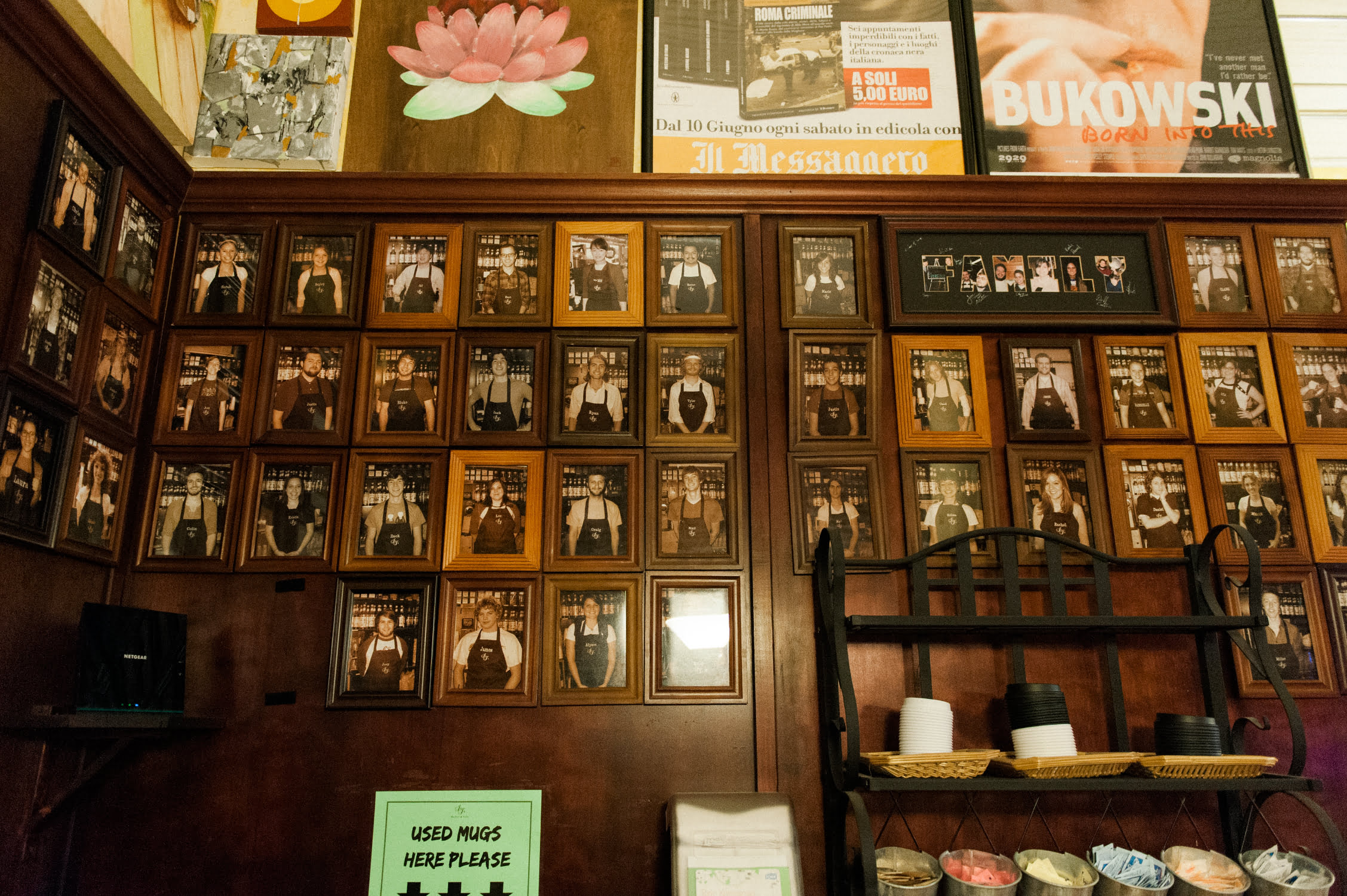
And for his employees, both past and present, he keeps a special corner of portraits, each barista smiling in his or her customized apron. Huh's employees are like his children. He takes great pains to hire people who will add to the community he's built and who will treat the job as more than just a paycheck, and he takes greater pains to nurture them. He wants them to understand and embody the JJ's mission statement: "We sell hope, not merchandise."
"When I hire new people, I ask the person, 'If you are to sell hope, what do you have to have?'" he explains. "And they say, ‘Um, hope?’ ‘Is it your hope or my hope?’ ‘My hope.’ So you must have your hope. The next question is, ‘Is it hard to keep the hope?’ ‘It’s not easy.’ Sometimes it evaporates, I tell them. You have to work hard to keep your hope, I tell them. You must love yourself first. Hope is priceless and invisible. At your age, endurance is the key thing. If they cannot endure, they cannot reach their goal. Without endurance, we cannot get through. You’re gonna have trouble with customers. You’re gonna have trouble with the machines. You’re gonna have trouble with other staff. Trouble, trouble, trouble. But be hopeful."
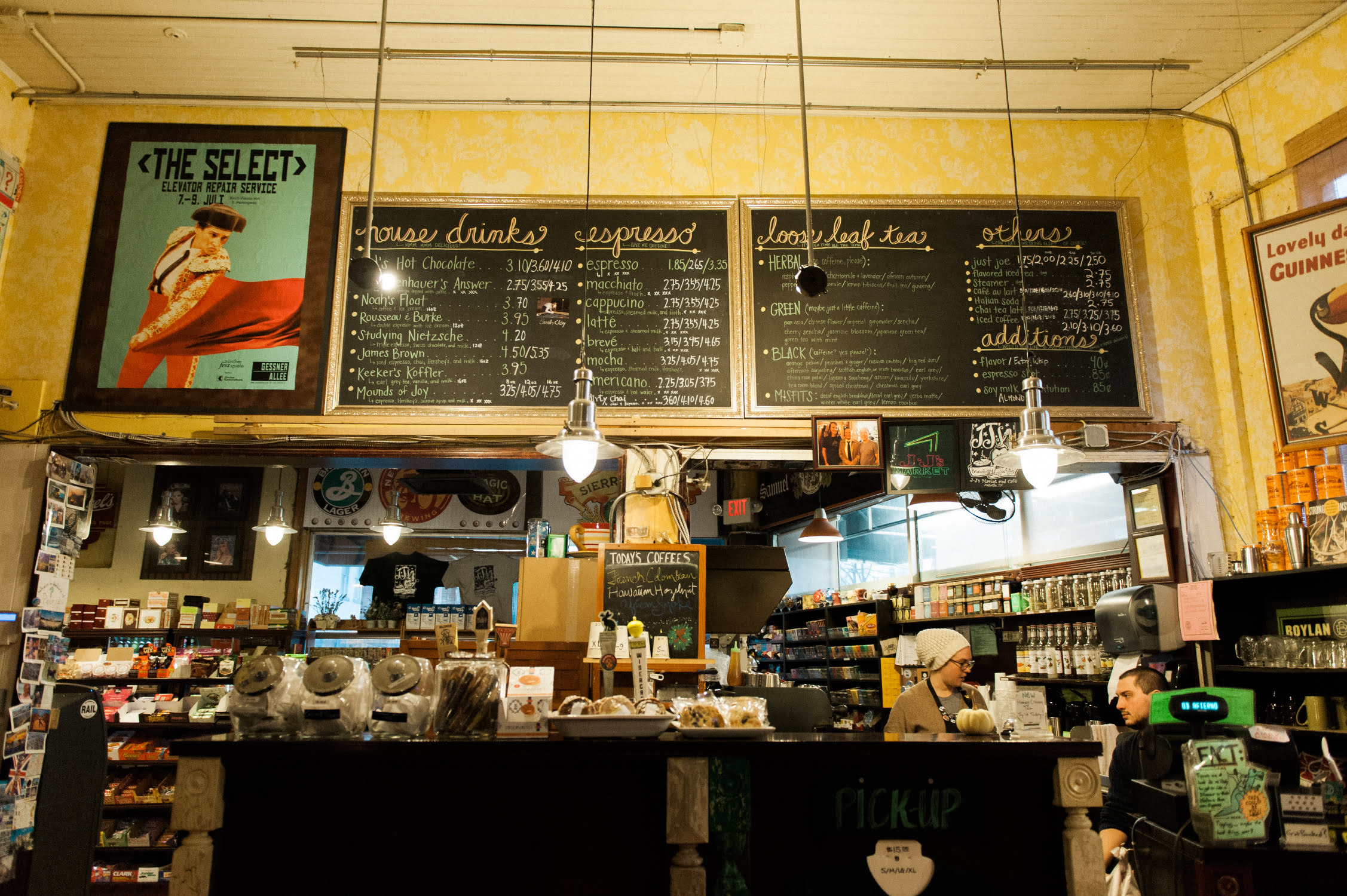
Huh believes this is what sets JJ's apart from big chains like Starbucks or the trendier shops that have been popping up all over town since Nashville took a turn for the artisanal a couple of years ago. And he's right: JJ's is different. There are no pour-overs. There are no $9 coffee concoctions that take 10 minutes to make. There are, refreshingly, no mason jars. JJ's opened long before the boutique coffee trend hit Nashville, and it's one of the few spots left in town where you can walk in, as an older man just did, and say, "Coffee and a paper" and not get scoffed at by a mustachioed hipster.
Instead, JJ's coffee has Huh's own special ingredient — love. "When you make coffee, you put your love in it," he says. "When people say, ‘Your coffee tastes awesome. Your coffee tastes better than Starbucks.’ I say, 'I appreciate it, but I didn’t do it.' Coffee is coffee. But there’s only one thing the coffee drinker can’t find anywhere but here: It’s you. It’s the love." He recounted meeting a woman who had just lost her job during the recession. She was crying when she came inside. "I'm a coffeemaker, so what can I say? 'What about something chocolatey? I'll make best mocha for you, then you'll drink it and you'll be okay.' I put my hope in there. She came back to me as she was about to leave and we hugged each other. That was really special to me."
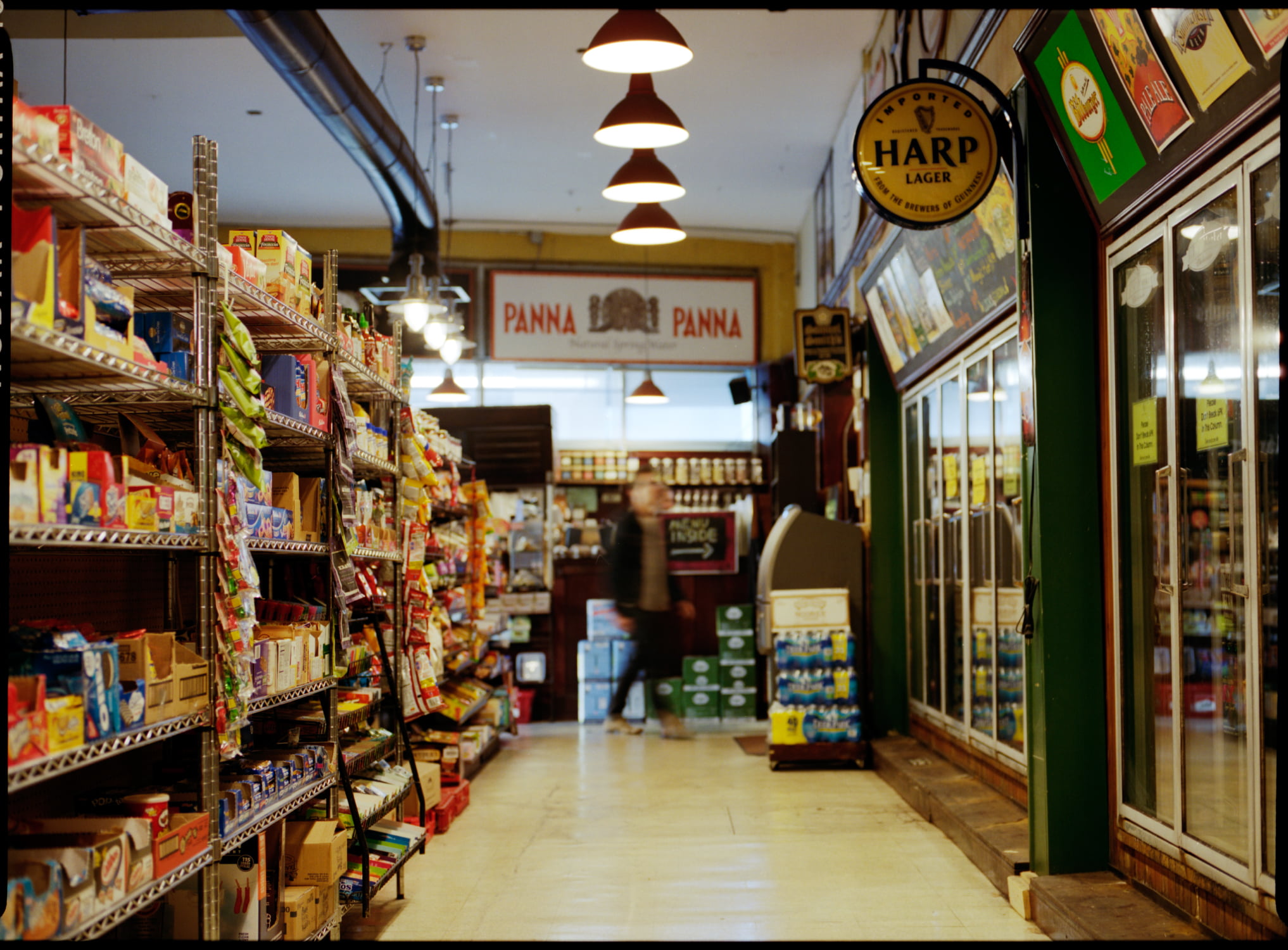
"I’d like to tell you this about JJ, because you know JJ is very special," Huh says, leaning in. "JJ is the illusion. JJ, the building, is an illusion. The reality of JJ is love and memories of a relationship we built together with customers, my staff and me. We have built it together — JJ. You also, you’re here eight years. You say, ‘This is my home!’ That’s a really great honor to a business owner. Who’s going to say, ‘This is my home?' Home is very special. So thank you so much."
He tells me this as he explains JJ's latest challenge and what has, of late, become the biggest obstacle in his tenure as a local business owner. (His impressive resumé also boasts businesses like the beloved Bobbie's Dairy Dip.) Huh knows better than anyone how Nashville has changed over the years. He recounted how Midtown — now home to Nashville stalwarts like Hattie B's Hot Chicken and GiGi's Cupcakes — used to be a dangerous area, how shortly after taking over JJ's, the building was broken into. He also knows, unfortunately, how those changes can affect local businesses. Earlier this year, Huh was hit with the news that the building that houses JJ's was purchased by a development company called Land Development.com, its eventual fate to become mixed-use new construction. Huh and his lawyers are fighting to uphold his lease, which runs through 2022, but the future of JJ's will be determined by a court in April, 2016.
"I told them I’m not going to put JJ back in your new development," he says of reopening in the new construction. "It has to be modern — they don’t want this old antique or ‘ugly’ concept. They want square."
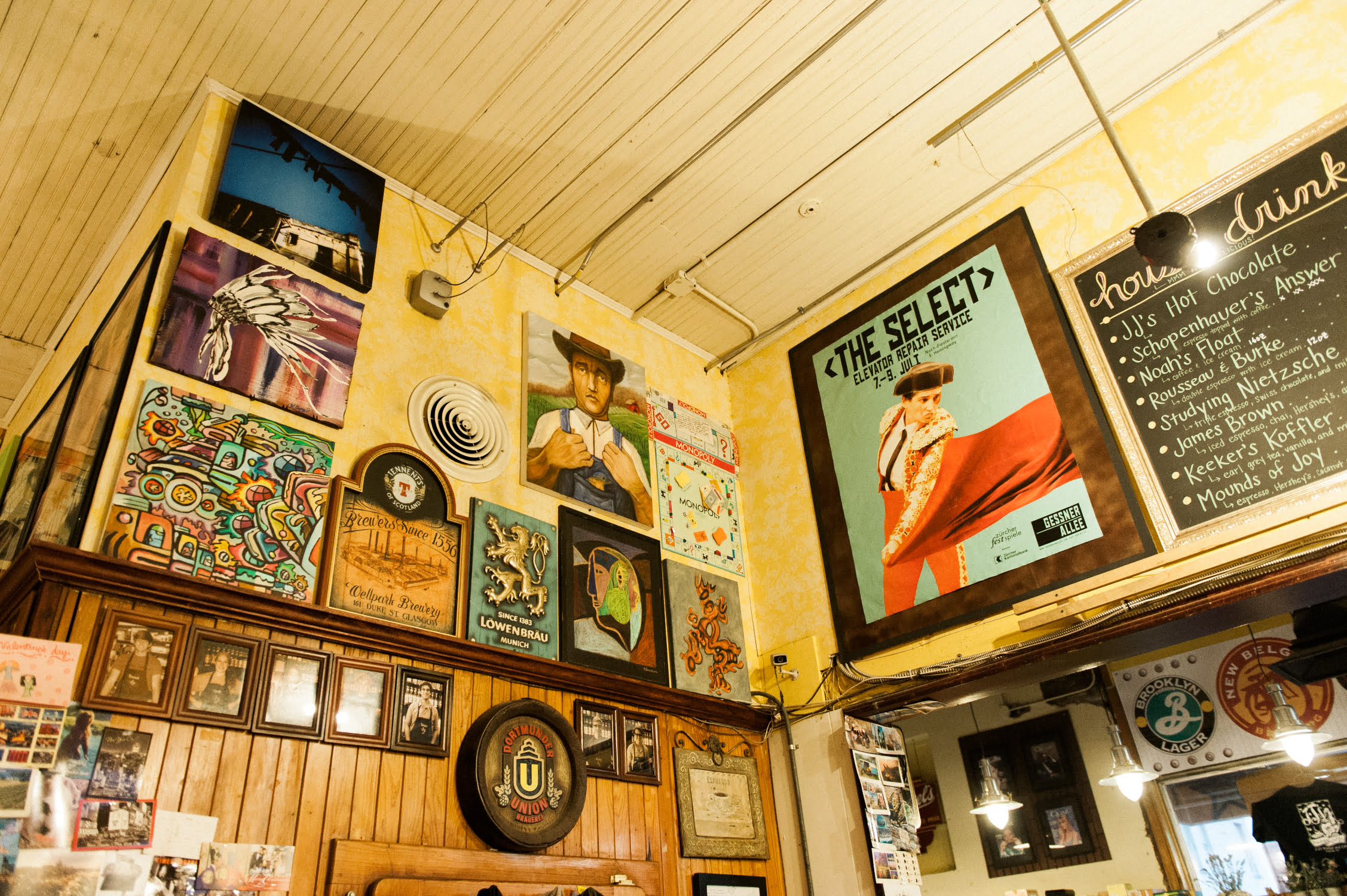
After our interview, Huh looks up and asks, “So, how is your life?” I told him that I'm working through something of a rough patch, but that, thanks to my own community — of which his establishment is no small part — I'm finally starting to see a light at the end of the tunnel.
"Are you doing things you love?
"I'm trying to."
"Good. Always do things you love. That's the secret to happiness."
We take each other's photos. We hug. He also leaves me with two very timely pieces of advice. First, "There is no best choice. All that matters is your effort to make your choice best." Second, "Don’t trust anyone, but do your best to be the one who anyone can trust."
As he walks me out, he introduces me to Trevor, one of the baristas who has served me coffee and snacks several times a week for years now. “This is her home, Trevor!" he laughs. "Better keep it clean!”
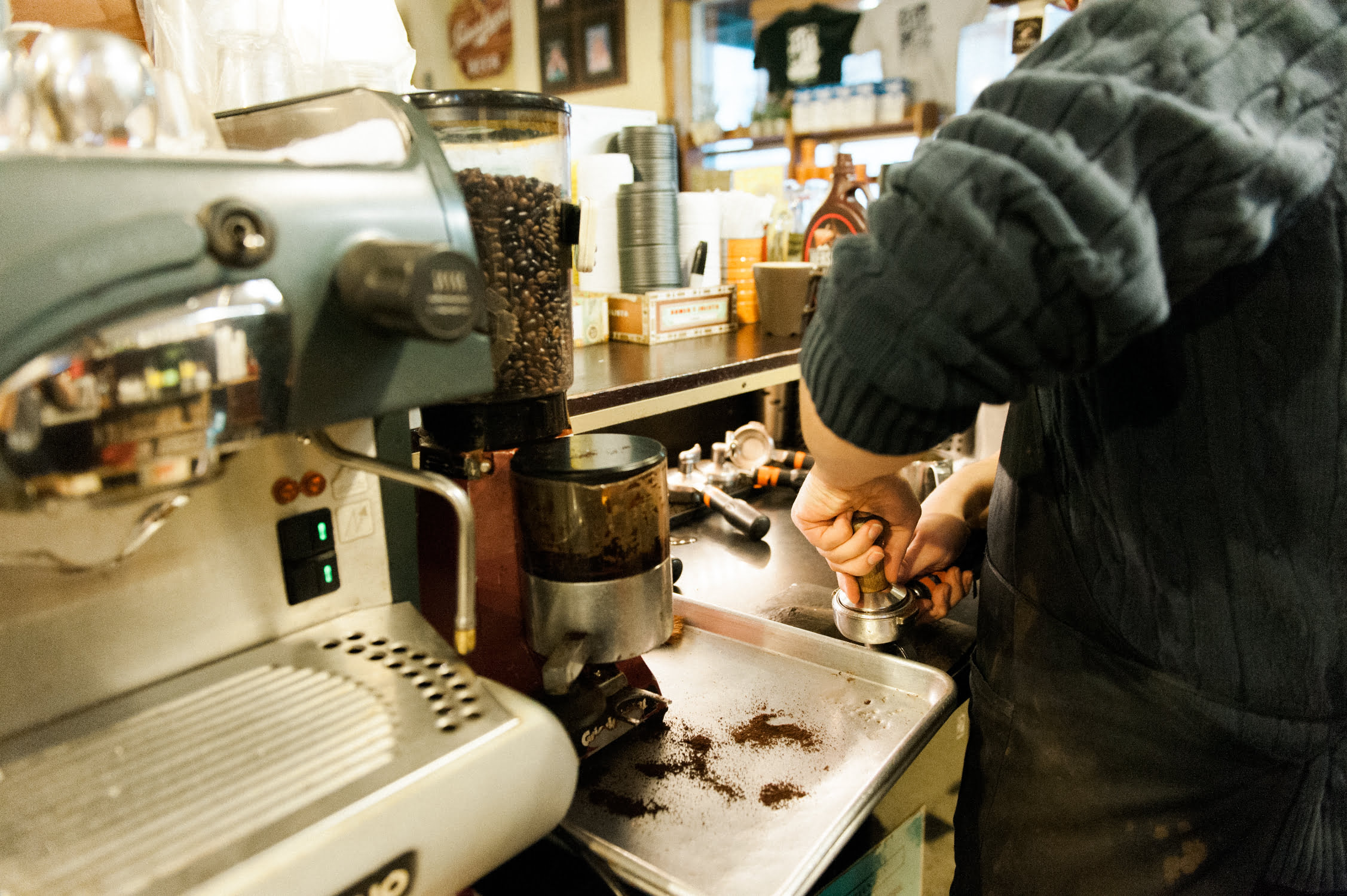
"When you love someone, every moment is shadowed by fear of loss. Then loss occurs, and you feel more love than ever." I've been turning these lines, from Roger Rosenblatt's 2012 memoir Kayak Morning, over in my head for a couple of months now as I try to sort out what it means to lose. And likewise, every time I step into JJ's, I wonder how many more times I'll get to buy a coffee and a Kinder bar, how many more mornings I'll get to spend on the front couch, listening to classical music and watching the rest of the regulars roll in and out, how long before I'll have to find a new place to call home.
It’s unclear what will end up happening to JJ’s. If Huh loses his lawsuit, he’ll have to move to a new location, and he hasn’t sorted out how he feels about that yet. If he wins, JJ's will keep its Midtown home until 2022, and he'll eventually decide how to move forward from there. One thing is certain, though: Sam Huh and the community he has built at JJ's will not fall victim to any developer's wrecking ball. As he says, the building is an illusion. It's the unbreakable sense of community Huh, his employees, and his customers formed that will endure long after another cookie-cutter condominium climbs the cluttered skyline. He's at peace with whatever happens. He's fought his fight. Because, after all, hearts get broken, buildings get torn down, loss sneaks up on you when you least expect it. But with hope, community, and a strong cup of coffee, we can all endure just about anything.
Photos by Laura Partain
